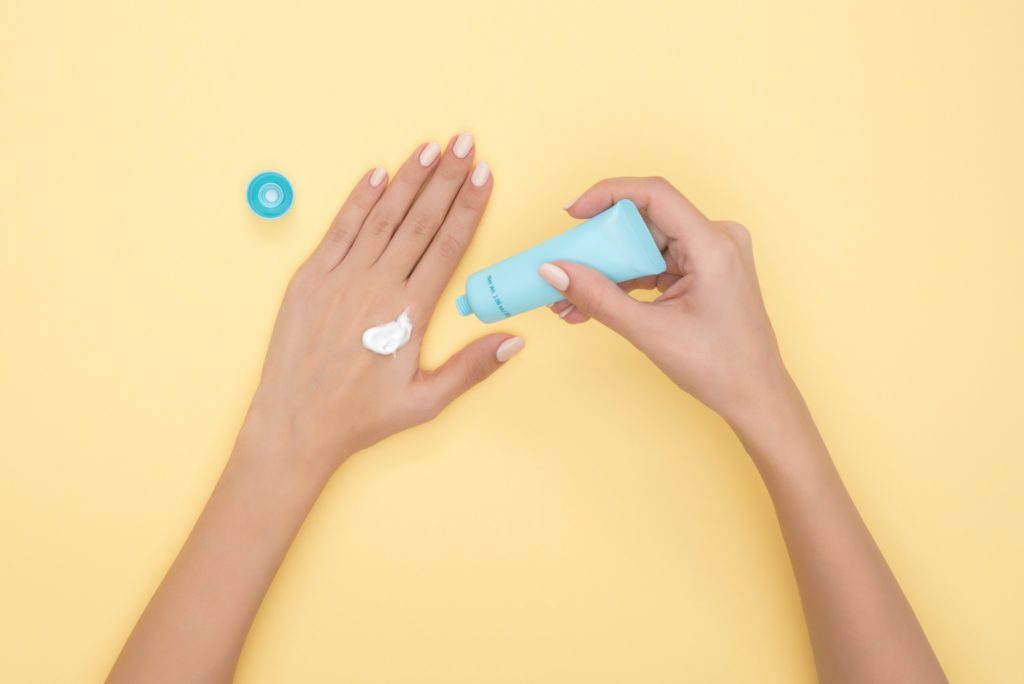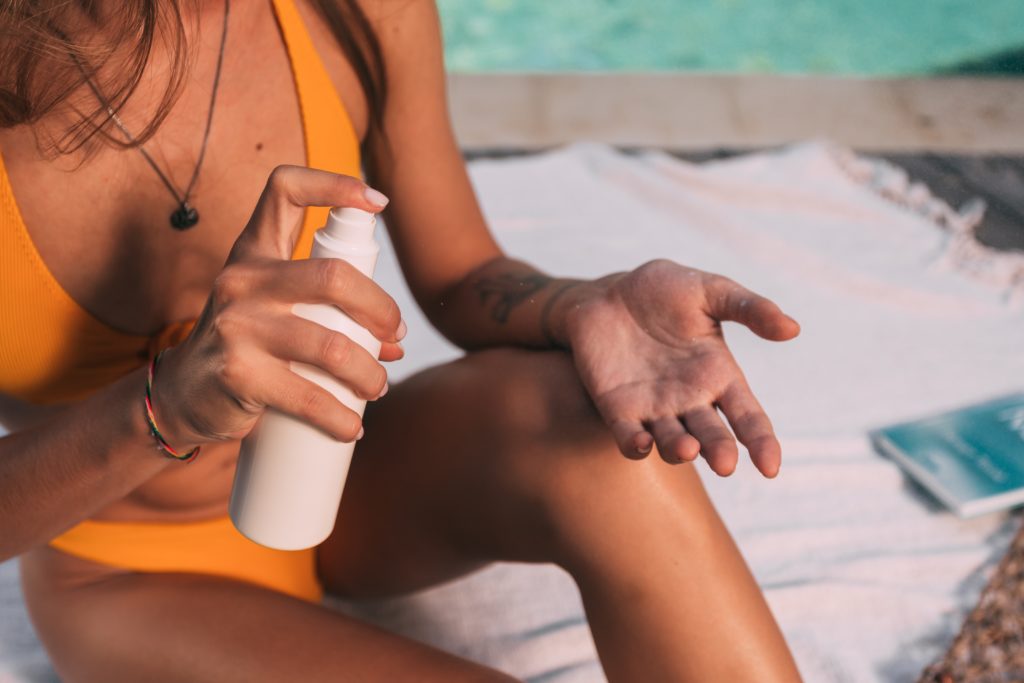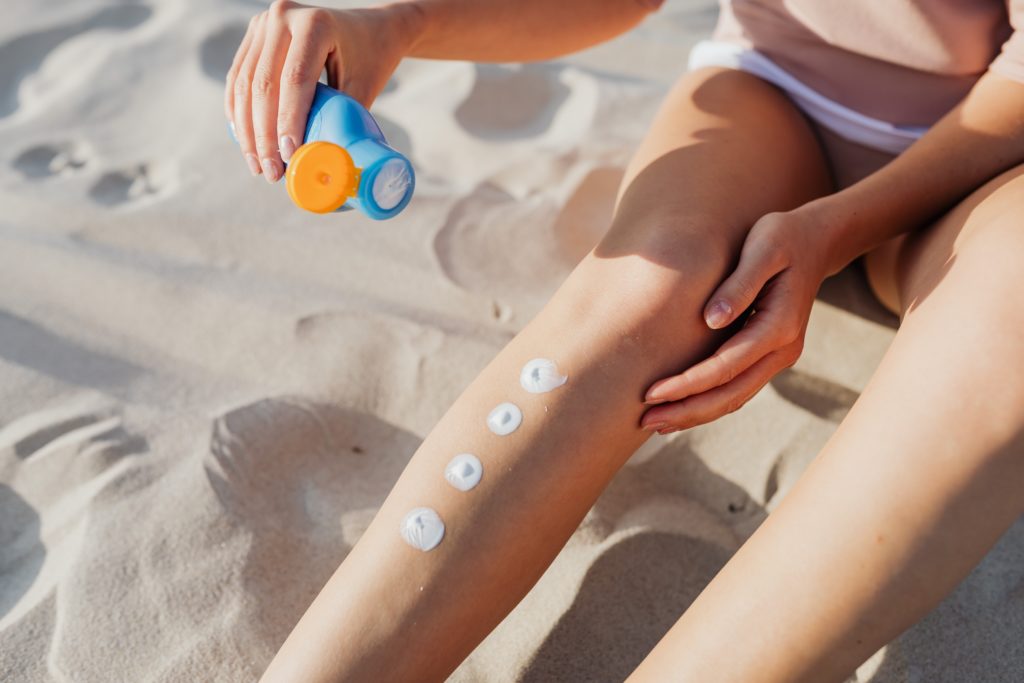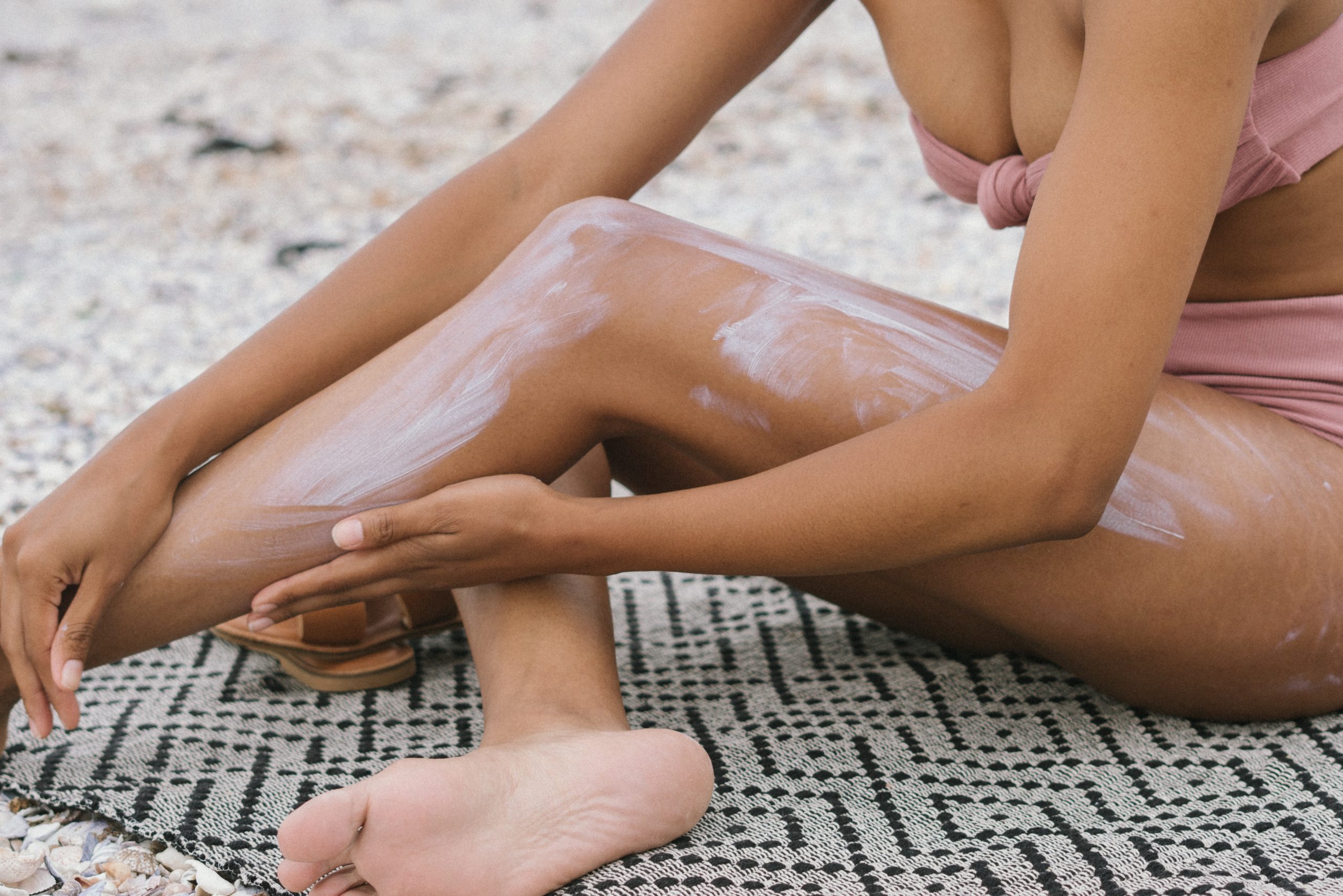We all know that sunscreen is a crucial tool in protecting our skin from the harmful effects of the sun. We diligently apply it before stepping out into the sun, hoping it will shield us from sunburns, premature aging, and the risk of skin cancer.
However, have you ever wondered why your sunscreen is not working? Despite using sunscreen, you still end up with a sunburn or uneven skin tone? It’s frustrating to realize that your sunscreen might not be working as effectively as you thought.
In this article, we will explore the various factors that can affect sunscreen performance and discuss ways to enhance its effectiveness.
I. Factors Affecting Sunscreen Performance

Inadequate application
Applying sunscreen correctly is vital for its effectiveness. Two common mistakes include not using enough sunscreen and uneven application. Experts recommend using at least a shot glass-sized amount of sunscreen to cover your entire body.
Insufficient application leads to inadequate protection, leaving your skin vulnerable to harmful UV rays. Additionally, unevenly applied sunscreen can create areas with less coverage, increasing the risk of sunburns and skin damage.
Incorrect choice of sunscreen
Not all sunscreens are created equal. When selecting a sunscreen, it’s essential to consider two factors: SPF (Sun Protection Factor) and broad-spectrum protection.
SPF indicates the level of protection against UVB rays, responsible for sunburns. Opt for a sunscreen with an SPF of 30 or higher to ensure adequate protection.
Additionally, look for “broad-spectrum” on the label, indicating protection against both UVB and UVA rays, which penetrate deeper into the skin, contributing to premature aging and skin cancer.
Expired or degraded sunscreen
Sunscreen effectiveness can diminish over time, especially if it has expired or been exposed to unfavorable storage conditions. Sunscreens typically have a shelf life of about three years, but this can vary.
Check the expiration date on the packaging to ensure your sunscreen is still potent. Moreover, exposure to heat and sunlight can degrade the active ingredients in sunscreen, reducing its effectiveness. Store your sunscreen in a cool, dry place away from direct sunlight to maintain its efficacy.
II. Environmental Factors and Sunscreen Efficacy

Water and sweat resistance
If you frequently swim or sweat profusely, you need a water-resistant sunscreen to maintain protection. Water-resistant sunscreens adhere better to the skin even when exposed to water or sweat, providing prolonged defense.
However, it’s important to note that being water-resistant does not mean waterproof. Reapplication is necessary after swimming or heavy sweating to ensure continuous coverage.
Sunscreen interaction with other skincare products
The effectiveness of your sunscreen can be influenced by the products you use alongside it. Certain skincare products containing oils or emollients can create a barrier on the skin, hindering sunscreen absorption.
It’s advisable to apply sunscreen as the final step of your skincare routine, after allowing other products to fully absorb. This way, the sunscreen can form a uniform protective layer without any interference.
Photodegradation of sunscreen
Sunscreen itself can undergo degradation when exposed to UV radiation. This process, known as photodegradation, can compromise the effectiveness of the active ingredients.
Some sunscreens contain stabilizers to counteract photodegradation, but extended sun exposure can still impact their performance. To minimize photodegradation, seek shade whenever possible, wear protective clothing, and reapply sunscreen frequently, especially during prolonged sun exposure.
III. Sunscreen Misuse and Mistakes

Improper timing of application
Timing plays a crucial role in sunscreen efficacy. Applying sunscreen right before heading out into the sun is a common mistake. Sunscreen should be applied at least 15 to 30 minutes before sun exposure to allow it to bind to the skin properly.
Applying too late may leave your skin vulnerable during the initial moments of sun exposure, increasing the risk of sunburns.
Neglecting sun protection on cloudy days
Sunscreen is not just for sunny days. UV rays can penetrate clouds and cause skin damage even when the sun isn’t shining brightly. Neglecting sun protection on cloudy days can lead to unintended sunburns and long-term skin damage. Make it a habit to wear sunscreen daily, regardless of the weather conditions.
Relying solely on sunscreen for sun protection
While sunscreen is a crucial component of sun protection, it shouldn’t be your only defense. Sunscreen can wear off, be wiped away, or miss certain areas during application.
To enhance protection, incorporate other measures such as seeking shade, wearing protective clothing (including broad-brimmed hats and sunglasses), and avoiding peak sun hours when UV rays are the strongest.
IV. Individual Variations and Sunscreen Effectiveness

Skin Type and Sensitivity
Different skin types have varying levels of natural protection against UV rays. Individuals with fair skin, freckles, or a history of sunburns are generally more prone to sun damage.
Additionally, individuals with sensitive skin may experience irritation or allergic reactions to certain sunscreen ingredients. Finding the right sunscreen formulation suitable for your skin type and addressing any sensitivity concerns can help maximize its efficacy.
Sunscreen Allergies and Sensitivities
Allergies to sunscreen ingredients are rare but possible. If you experience skin reactions, such as redness, itching, or a rash, after applying sunscreen, consult a dermatologist.
They can help identify the specific ingredient causing the reaction and recommend alternative sunscreen options or suggest additional sun protection measures.
Medications Affecting Sunscreen Efficacy
Certain medications, such as antibiotics, acne treatments, and some herbal supplements, can make your skin more susceptible to sunburns and increase sun sensitivity.
It’s important to be aware of any medication-induced photosensitivity and take extra precautions, including using sunscreen with higher SPF and seeking shade whenever possible.
V. Enhancing Sunscreen Effectiveness

Proper application techniques
To ensure adequate coverage, start by applying sunscreen generously and evenly to all exposed skin areas. Don’t forget often neglected areas like the ears, back of the neck, and tops of the feet.
Reapply sunscreen every two hours or more frequently if swimming or sweating excessively. If you have trouble reaching certain areas, ask for assistance or use sunscreen application tools like sprays or sticks.
Choosing the right sunscreen for specific needs
Consider your lifestyle and specific needs when selecting a sunscreen. If you engage in water-related activities, opt for water-resistant sunscreen. If you have oily skin, choose a non-comedogenic sunscreen that won’t clog your pores.
For those with sensitive skin, look for sunscreens labeled as hypoallergenic or formulated without common irritants. Finding a sunscreen that suits your needs enhances both comfort and effectiveness.
Supplementing sunscreen with other sun protection methods
Sunscreen should be one part of your comprehensive sun protection strategy. Combine it with other protective measures, such as seeking shade, wearing protective clothing, and using sunglasses and wide-brimmed hats.
This multi-pronged approach provides layered protection, reducing the risk of sun damage and ensuring better overall defense against harmful UV rays.
Conclusion
While sunscreen is an essential tool in protecting our skin from the sun’s harmful rays, understanding its limitations and the factors that can affect its effectiveness is equally important. Inadequate application, incorrect choice of sunscreen, expired or degraded products, environmental factors, and individual variations can all contribute to sunscreen not working as expected. Remember, sunscreen is just one piece of the sun protection puzzle. Embrace a holistic approach by incorporating other sun safety practices into your daily routine.
FAQs
1. How often should you apply sunscreen?
It is recommended to reapply sunscreen every two hours or more frequently if swimming or sweating excessively. This ensures continuous protection throughout the day.
2. Can you use expired sunscreen?
It’s best to avoid using expired sunscreens. Over time, the active ingredients in sunscreen can degrade, reducing their effectiveness. Always check the expiration date on the packaging and replace expired products.
3. Is a higher SPF always better?
While a higher SPF provides greater protection against UVB rays, it’s important to remember that SPF measures protection against sunburns, not the duration of protection. SPF 30 is generally sufficient, but individuals with fair skin or those spending extended time outdoors may benefit from higher SPF.
4. Can you rely solely on sunscreen for sun protection?
Sunscreen is an important part of sun protection, but it shouldn’t be your sole defense. Incorporate other measures like seeking shade, wearing protective clothing, and avoiding peak sun hours to maximize protection.
5. What should you do if you have a sunscreen allergy?
If you suspect a sunscreen allergy, discontinue use and consult a dermatologist. They can help identify the specific ingredient causing the reaction and recommend alternative sunscreens or suggest additional sun protection measures.



